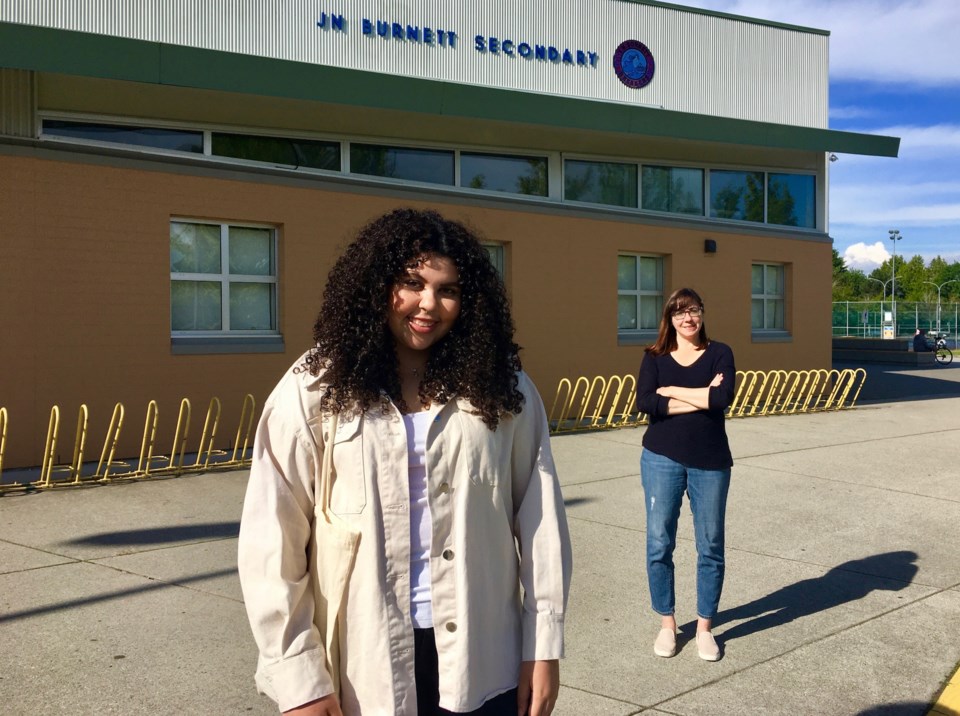There’s a “significant amount of work” to be done to help students who are targets of racism, sexual harassment and discrimination in Richmond schools.
That’s the conclusion school board chair Sandra Nixon came to after an audit was done based on feedback from almost 1,500 students, more than 500 parents and more than 600 employees of the Richmond School District.
“What became clear there is still a culture in our schools where we need to do a lot of work,” Nixon said.
Not only were there stories of students being targeted with various forms of discrimination, there was a hesitation to come forward and report what had happened because of a fear of repercussions, Nixon elaborated.
“That’s absolutely the opposite of the kind of environment that we’re trying to create where students and families would feel safe being able to voice (their concerns),” Nixon said.
The board struck up a working group two years ago to look at the issue of racism in schools, as the Black Lives Matter movement was in full force in the U.S., following the death of George Floyd at the hands of a Minneapolis police officer.
That summer, Daniella Jovanovic, a former Burnett secondary student approached the board of education, who told them stories of racism while she was a student and appealed to trustees to teach more Black history, prompting the board to strike up the working group.
Bakau Consulting was hired to do an audit of the school district, and its report and eight recommendations were presented to the board of education in late April.
The audit reported students referencing “inappropriate joking and stereotyping as regular, frequent occurrences in school.”
“Some students also reported feeling marginalized, unsafe, unheard, and discriminated against,” the report elaborated.
Furthermore, parents reported they felt “powerless to share their thoughts and feelings, or to report an incident without fear of repercussion or being marginalized.”
For their part, “partner groups” reported there was a “lack of clarity” about what to do in these incidents “how to report it, who to report it to, and what the next steps should be.”
“There was expressed discomfort in reporting to school personnel for fear of how the person reporting may be viewed for bringing an issue forward,” the report elaborated, adding the feeling was nothing would be done after reporting.
Nixon acknowledged schools won’t be able to prevent every incident from taking place, but she said they can’t “shy away” from working to eradicate discrimination.
“We need to do our absolute best in terms of staff feeling like they’re being supported in handling those things, and students being supported in feeling safe coming forward,” she said.
One of the recommendations was to start a Diversity, Equity and Inclusion (DEI) advisory group that would be similar to the Sexual Orientation and Gender Identity (SOGI) advisory group.
Moving forward, Nixon said it’s important to hear the voices of those students who feel marginalized by discrimination, and not just the leadership students who have normally been “the primary student voice we have feeding in.”
“I would hope we’re circling back to those who have been courageous in telling us about their experiences and checking back in,” Nixon said.
She added that students might have biases coming from outside of school, but public education is obligated to uphold human rights.
“Where we have to land is (…at) the values that are now enshrined in human rights,” Nixon said.



